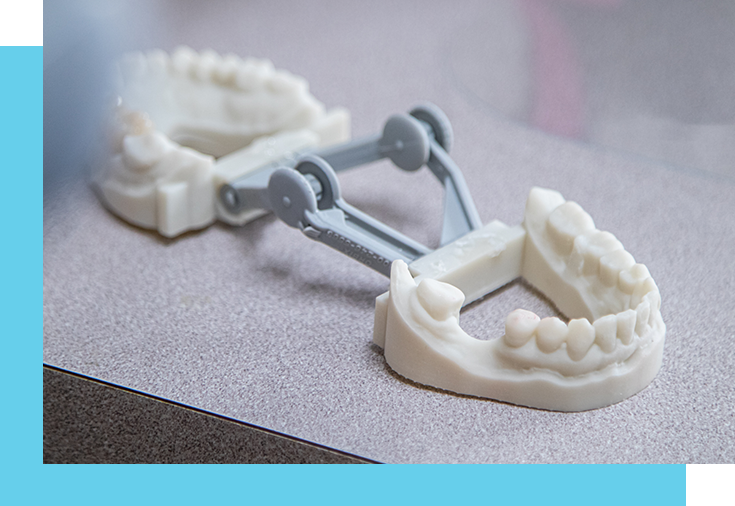7 Must-Know Dental Implant Aftercare Tips
Here are some key points to remember when caring for your dental implants. Proper aftercare is
essential for the success and longevity of dental implants. By following these tips and your
dentist's instructions, you can help ensure that your dental implants heal properly and last for
many years to come.
1. Follow Your Dentist's Instructions
Your dentist will provide you with specific instructions for caring for your dental implants. This
may include taking prescribed medications, avoiding certain foods and activities, and practicing
good oral hygiene. This also could include frequently washing your mouth with a cup of hot water and
a teaspoon of salt. Be sure not to burn your mouth when doing so.
2. Practice Good Oral Hygiene
Avoid brushing the surgical site for a few days, resuming cleaning once the tenderness subsides. It
would be best if you clean your other teeth as normal beginning the evening of the procedure,
brushing at least twice a day with a soft-bristled toothbrush and fluoride toothpaste. It's also
important to floss at least once a day to remove any food particles or plaque that may have
accumulated around the implant.
3. Avoid Certain Foods and Activities
Avoid hot foods for the first 24 hours post-surgery. In the first few weeks after your surgery,
it's important to avoid eating hard, crunchy, or sticky foods that could damage the implant or the
surrounding teeth. Rinse your mouth after eating to help keep the surgical area clean.
4. Avoid Using Tobacco Products
Tobacco use can cause implant failure and increase the risk of infection. Additionally, avoid
activities that could cause trauma to the implant, such as contact sports or activities that involve
biting down on hard objects. If you are to smoke, wait until all wounds have healed.
5. Avoid Putting too Much Pressure on the Implant
Putting excess pressure on your new dental implant(s) is not recommended in order to aid in the
healing process. Avoid strenuous activities that could cause trauma to the implant, including
contact sports or exercise activities that involve biting down on hard objects. Your dentist may
also recommend that you avoid chewing on the side of your mouth where the implant is located for the
first few weeks to reduce pressure. And be sure to not disturb the surgical area with your tongue or
fingers.
6. Visit your Dentist Regularly for Follow-Up Appointments
Your dentist will want to check the implant to ensure that it is healing properly and to make any
necessary adjustments. In some cases, your dentist may also take x-rays to check the progress of the
implant.
7. Watch for Signs of Infection
To reduce the risk of infection, it's important to practice good oral hygiene and avoid activities
that could increase the risk of infection. Additionally, if you notice any signs of infection, such
as redness, swelling, or discomfort around the implant, you should contact your dentist right away.
Maintain the Strength of Your Dental Implants at Windsor Family Dental
Proper care for your dental implants is essential for lasting strength and function. Windsor Family
Dental’s team can help with regular checkups, adjustments and any questions you have about
your implants. Get premium dental implant
services at Windsor Family Dental and schedule an appointment today.

